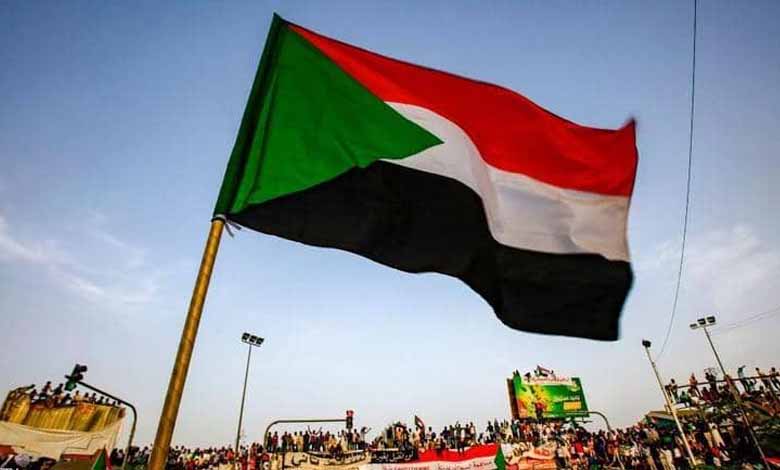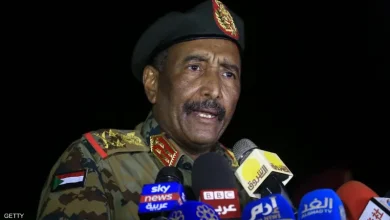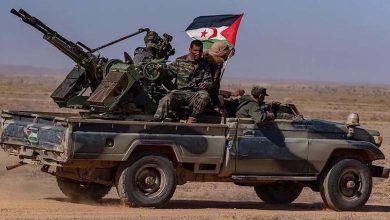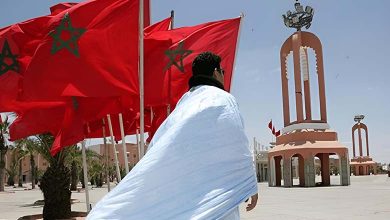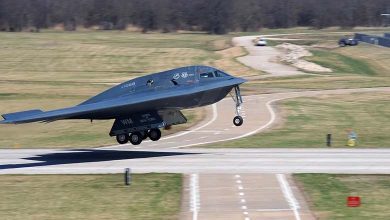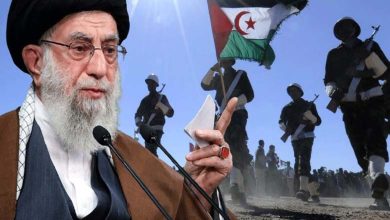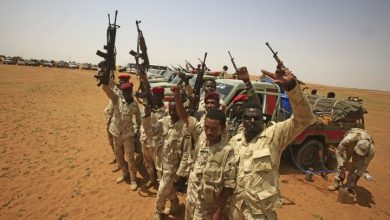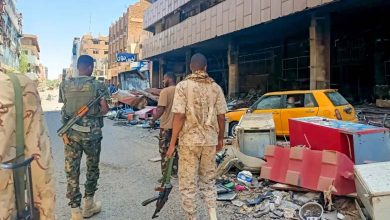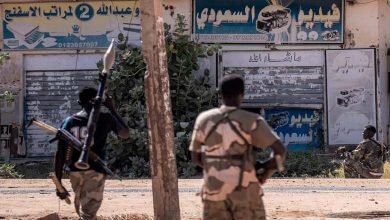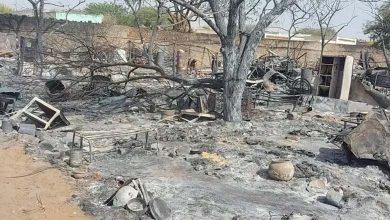Timeline: Sudan’s remove el-Bechir to topple Hamdok
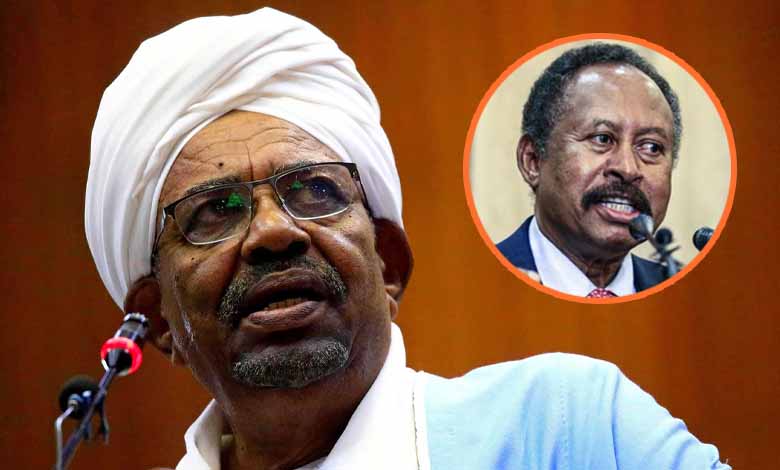
Sudan has seen major milestones since the ouster of former president Omar el-Bechir following popular protests against the Muslim Brotherhood, which ruled the country for 30 years.
Bread and freedom:
“On 19 December 2018, hundreds of Sudanese demonstrated in the towns of Atbara, northeast of Khartoum, Port Sudan, the country’s main seaport, and En Nahud, west of the capital, against the government’s decision to triple bread prices in the midst of an economic crisis.”
The day after, protests spread to other areas including Khartoum and Omdourman.
Ousting el-Bechir:
“On April 6, 2019, a sit-in involving thousands of protesters began in front of the army headquarters in Khartoum.”
On April 11, 2019, Sudan’s military overthrew and arrested el-Bechir three decades after he came to power following an Islamist-backed coup in 1989.
A transitional military council was then formed, but protesters continued their sit-in and denounced a “coup.”
Blood funnel:
“On June 3, gunmen in military uniform brutally broke up a sit-in in front of the army headquarters, killing dozens.”
According to a first army-ordered investigation, elements of the paramilitary Rapid Support Forces were involved in the bloodshed.
“In total, 250 people were killed during the crackdown on protests, according to a medical committee close to the protesters.”
-
The Sudanese people refuse the intervention of the Brothers in the country
-
UN Rejects Undermining of Transitional Process in Sudan
Transition agreement:
On July 17, Sudan’s protest leaders and the ruling military council initialed the “political declaration” endorsing the principle of power-sharing during a three-year transition period. The declaration provides for the establishment of a “Sovereignty Council” to manage the transition.
“After negotiations, a Sovereignty Council comprising six civilians and five military personnel was formed in mid-August under the chairmanship of General Abdel Fattah Abdelrahmane al‑Burhan”. Abdallah Hamdok, a former UN economist, was named prime minister.
“The new authority has prioritized peace in the conflict-torn country of Darfur (West) and Blue Nile and South Kordofan states, which has killed thousands.”
At the end of November, the ousted president’s party was dissolved and his regime “dismantled.”
El-Bechir indicted:
On December 14, el-Bechir was sentenced to two years in detention in a Social Reform House after being convicted of corruption in one of several cases against him.
On November 22, judicial authorities opened an investigation into crimes committed in the Darfour region since 2003 against el-Bechir, who has been wanted by the International Criminal Court (ICC) for “genocide,” “war crimes” and “massacres against humanity.”
El-Bechir is being tried in a separate case over the military coup that brought him to power.
-
Saudi Arabia Condemns Failed Coup Attempt in Sudan
-
Sudan Muslim Brotherhood corruption … the freezing of assets of 161 elements, among them prominent leaders
Peace agreement:
“On 30 June 2020, tens of thousands of people demonstrated in Khartoum and other cities to demand reforms called for during the uprising.” Demonstrators demanded that those responsible for the crackdown be “held accountable.”
“On 17 August, around 3,000 people demonstrated in the capital to express their disappointment following the signing of the political transition agreement.”
“On 3 October, the Sudanese government signed a historic peace agreement in Djouba with a coalition of five rebel groups and four political movements from the Darfour region (West) and Blue Nile and South Kordofan states, which is supposed to end the 17-year bloody conflict.”
Economic emergency:
On September 11, the government declared an “economic emergency” to contain the collapse of the pound against the dollar and to curb massive inflation.
Sudan is facing a severe economic crisis resulting from decades of disastrous administration.
Sudan removed from terror list:
On December 14, the United States formally removed Sudan from its blacklist of state sponsors of terrorism.
Vulnerable position:
“On February 8, 2021, the deposed Prime Minister Abdallah Hamdok unveiled a new government that includes seven ministers from rebel groups active under the former regime.”
On June 22, Abdallah Hamdok called for unity between politicians and the military, warning of “deeply troubling” divisions.
Coup attempt:
- On September 17, protesters closed the country’s main port in Port Sudan (East).
- On 21 September, Khartoum announced that it had foiled an attempted coup by civilians and members of the military, accusing them of being linked to the Bashir regime.
- On October 15, Abdallah Hamdok said the transition was going through the “worst crisis.”
- “On 16 October, army loyalists set up tents in front of the presidential palace where the transitional authorities are based to demand the dissolution of the government and the transfer of power to the army.”
- “On October 21, in response, major demonstrations were held in support of a civilian government.”
- On October 25, military personnel arrested government officials and politicians in Sudan, headed by Prime Minister Abdallah Hamdok, and al-Burhan issued decrees dissolving the Sovereignty and Ministerial Councils, dismissing the governors, and suspending some provisions of the transitional constitutional document.
-
Sudan police free 12 girls from human trafficking gangs
-
Among them is an intelligence officer.. Arrest of Brotherhood in Sudan
The most prominent gathering calling for the handover of power to civilians described it as a “coup,” in what the president of the Sovereign Council, Abdel Fattah Abdelrahmane al‑Burhan, considered a “correction to the revolution.”

